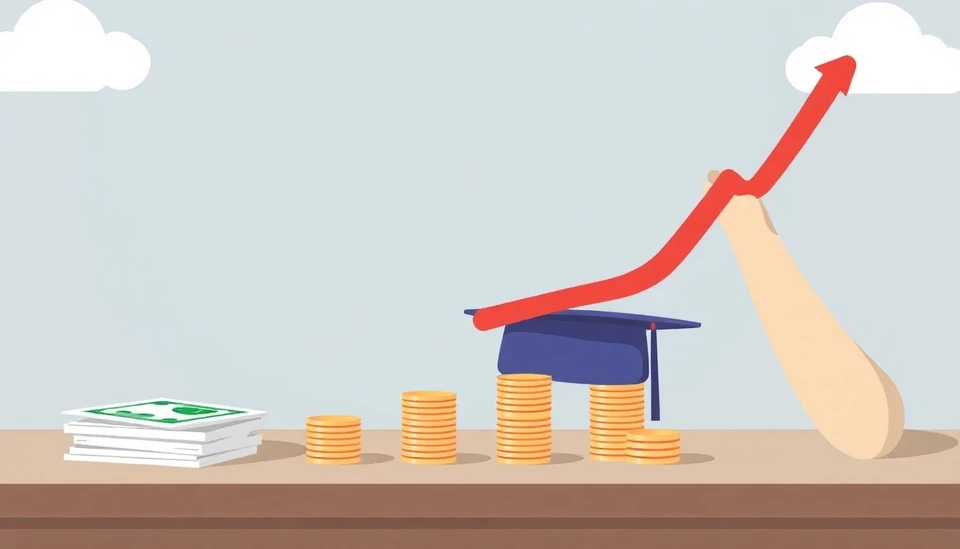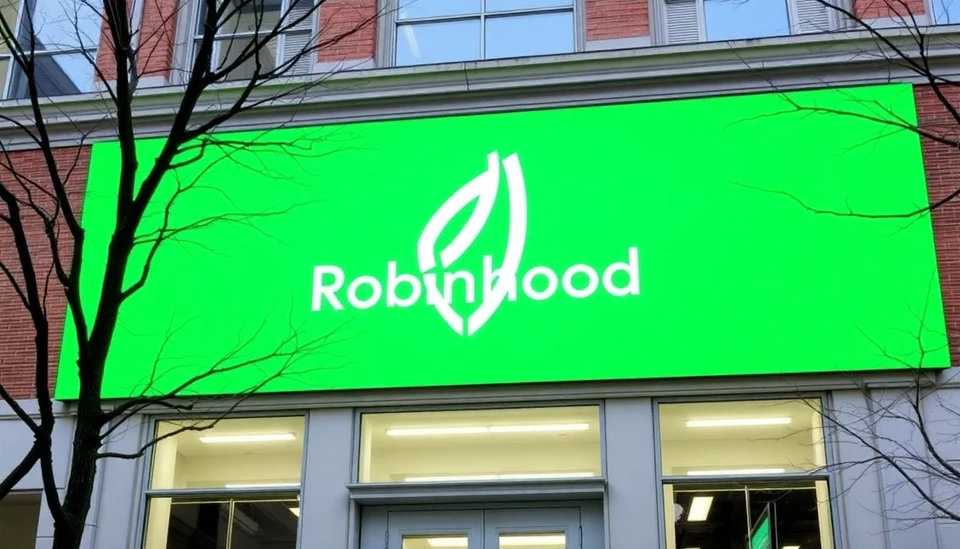
As the student loan repayment pause comes to an end, recent analyses indicate that even the most financially reliable groups, classified as super prime borrowers, may face significant difficulties in meeting their upcoming loan obligations. The resumption of payments is particularly concerning for these borrowers, as a projected wave of missed payments looms on the horizon.
The Federal Reserve's latest data reveals that student loan delinquencies have surged in recent months, with experts warning that the scenario will only worsen following the lifting of the pandemic-induced freeze on payments. Borrowers categorized as super prime typically boast stellar credit scores and are generally viewed as low-risk by lenders. However, the current economic climate, characterized by high inflation and elevated interest rates, is placing increased financial pressure on even these resilient consumers.
Analysts have observed that finance-related stress has crept into the super prime segment, with a notable percentage of these borrowers struggling to cover their essential expenses. This scenario raises concerns over potential payment defaults that could ripple through the economy and potentially spook investors. The burden of student loans adds an extra layer of financial difficulty, making it imperative for these borrowers to navigate their repayments with care.
Additionally, the reinstatement of monthly payment obligations could lead to a substantial financial redirection for many super prime borrowers. Many individuals may find their existing budgets stretched thin, as they need to allocate funds that were previously disposable for college debt repayment. The significant transition away from the indefinite deferment underscores the urgency for these borrowers to develop new financial strategies to manage their student loans effectively.
Some financial advisors recommend that borrowers start budgeting for these payments as soon as possible, even while the resumption is still a few months away. This proactive approach includes reassessing spending habits and prioritizing loan payments to avoid falling into delinquency. There are also conversations about the potential for policy changes that may offer relief or restructuring options for borrowers grappling with these debts.
The reality is that while super prime borrowers are generally shielded from the most severe impacts of financial mismanagement, the upcoming student loan repayments introduce an unprecedented challenge that could disrupt their financial well-being. Considering the potential societal implications, stakeholders including policymakers, educational institutions, and financial organizations are closely monitoring the situation.
As we approach the end of the year, it’s essential for borrowers to stay informed and develop a clear understanding of their obligations. Planning ahead can make a significant difference as individuals navigate this novel financial landscape challenged by student loan repayment pressures.
This looming situation reflects a broader trend in American society where student debt continues to spike and cast shadows upon the financial futures of borrowers across various sectors. The complexities of student loans will remain a hot topic in the discourse surrounding economic recovery and social equity, particularly as the impacts ripple outward among super prime and prime borrowers alike.
It is crucial for all student loan borrowers to remain vigilant and informed as the repayment process resumes, all while advocating for policy measures that might ease this burden in the future.
#StudentLoans #DefaultConcerns #SuperPrimeBorrowers #FinancialHealth #EconomicTrends #BorrowerChallenges #StudentDebt #LoanRepayment
Author: Samuel Brooks
